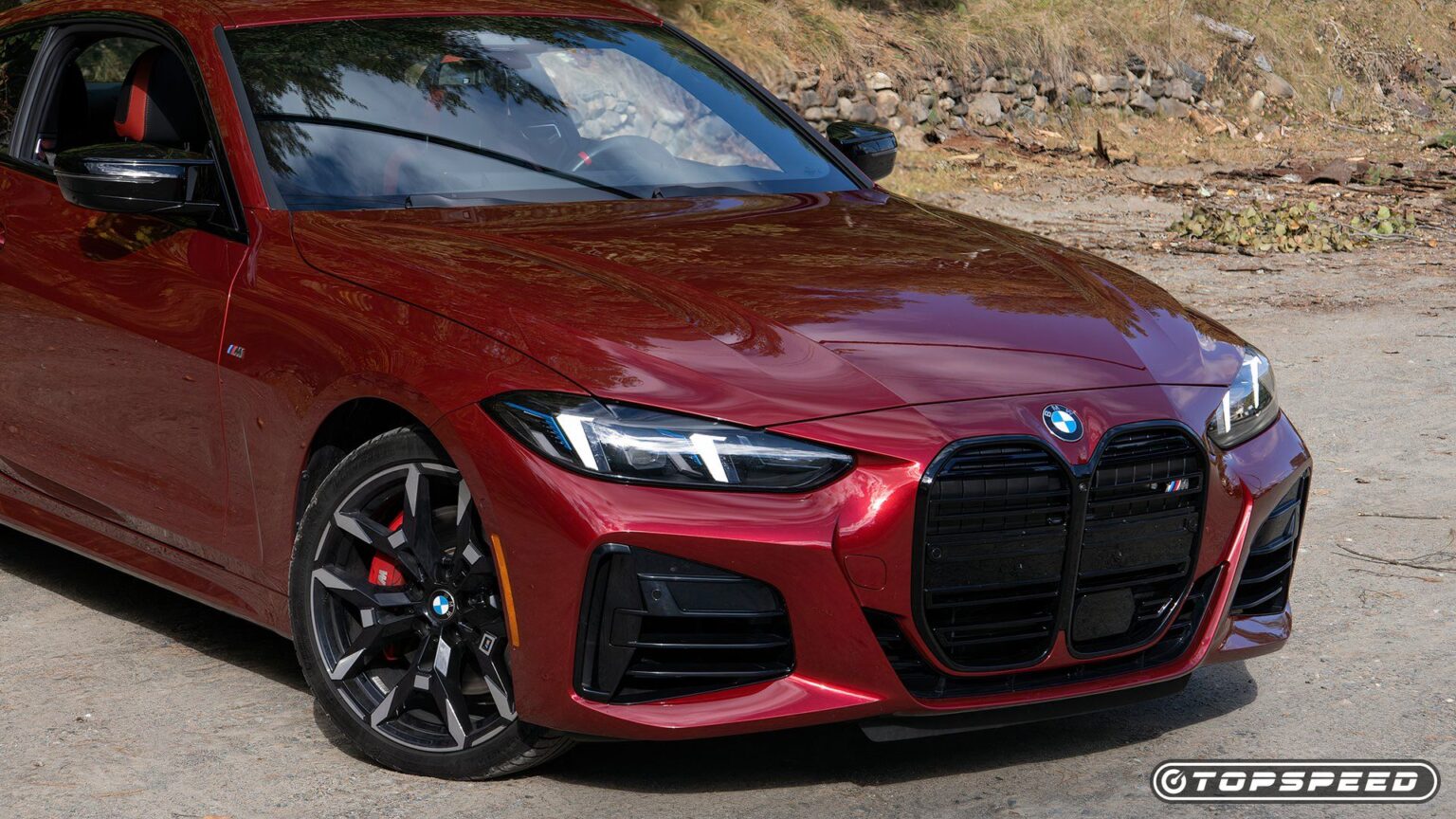The European Union’s proposed sales ban on new vehicles powered by internal combustion engines (ICE) as of 2035 isn’t pleasing all parties involved. While some car companies like Volvo and Rivian continue to support this target, BMW remains adamant about the fact that restricting the European auto industry to selling only electric vehicles (EVs) would choke its manufacturing sector, even if the regulation doesn’t necessarily favor EVs.
Europe’s 2035 ICE ban is, of course, an attempt to mitigate CO2 emissions from the transport sector. But while BMW is on board with this logic, it warns the industry of the regulation’s potentially catastrophic consequences.
Europe Could End Up Selling Half As Many Cars, BMW Says
BMW CEO Oliver Zipse said during the Automobilwoche Congress in Berlin that an EV-only auto industry would be wrong, qualifying it as a “huge mistake”, and that such a regulation would half the sales of the European auto industry. He argues that even in eleven years from now, not all countries will yet be ready to transition to electric propulsion, which would have a deep impact on global sales.
It’s important to underline that neither BMW nor Zipse are against EVs. The Bavarian giant has been rather active in its intention to enter the EV era with class-competitive models such as the iX, i4, i5 and i7. BMW is also in the process of preparing an all-new generation of EVs under the Neue Klasse name. And there are no plans of backtracking on any of these projects.
As a matter of fact, Zipse stated that he remains in favor of the EU’s 2025-2029 emissions regulations on ICEs. As of next year, the new limit will be reduced by about 19% compared to the 2020-2024 interval. In other words, emissions will need to drop from 115.1 g/km to 93.6 g/km as per WLTP rules.
Anyone who says they are not ready yet is ultimately admitting that their cars are not state of the art and that they cannot even overcome the entry hurdle. – BMW CEO Oliver Zipse
EU’s 2035 ICE Ban Doesn’t Only Encourage EVs
Automakers that fail to meet the new emission requirements will have to pay a fine of €95 per excess gram per car, but Zipse is confident that BMW Group will meet the new target thanks to its growing lineup of EVs, mild hybrids and plug-in hybrids (PHEVs). And by 2030, BMW – which includes MINI and Rolls-Royce – would like 50% of its annual sales to come from EVs.
But BMW still hasn’t announced an end date for its ICE portfolio. Interestingly enough, Zipse sees the 2035 ban as an EV-only policy. In reality, it focuses on vehicles that emit no tailpipe emissions. This would also include hydrogen power, a technology BMW is currently working on alongside Toyota, or any other form of clean energy. Yet, the 60-year-old CEO made no mention of this in his statement.
Read the full article here


